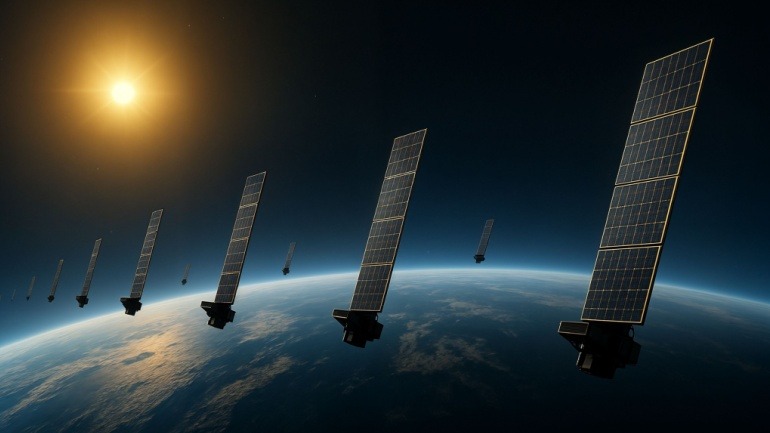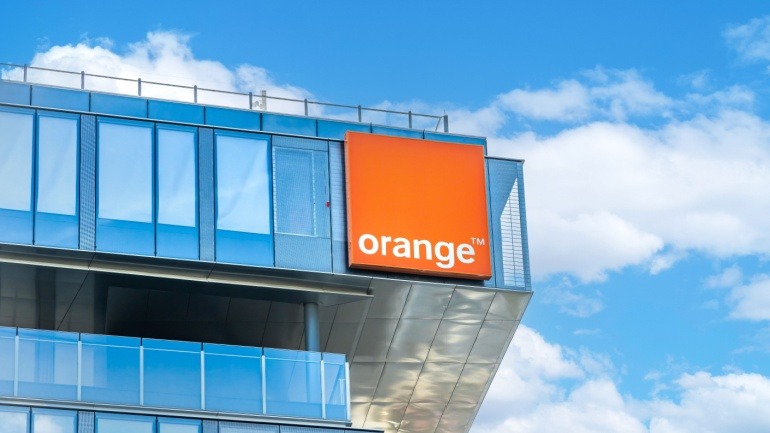To improve emergency services and to better locate callers, The European Commission has approved a regulation that will require new smartphones to include satellite and Wi-Fi location. The integrated chipset with Global Navigation Satellite System (GNSS) must deliver access to the EU’s satellite system Galileo, which provides accurate positioning and timing information. Currently, most emergency services are faced with the challenge of only being able to locate troubled mobile callers within an area of several kilometers. However, the proposed use of satellite and Wi-Fi systems will enable 112 emergency number callers to be located within a range of less than 100 meters. Galileo-enabled devices receive signals for positioning, navigation and timing. This satellite system has been servicing around 400 million users, and this summer the system was supplemented by four more satellites, which were successfully launched from the European spaceport. Every additional satellite steadily improves Galileo’s performance, and,…
In an age where robust connectivity defines our daily lives, VOIP users demand seamless performance. MediaTek’s hybrid home gateways offer a game-changing solution. By integrating multiple access technologies, these devices ensure uninterrupted networking. Such innovation is crucial for VOIP services that underpin remote work, healthcare, and education, safeguarding reliable communication lines.
Airtel Africa’s partnership with Starlink signifies a breakthrough in rural connectivity, promising direct-to-device satellite services from 2026. This VOIP-enhancing collaboration aims to expand internet access across Africa’s underserved regions, bypassing costly infrastructure. While regulatory challenges persist, the venture could revolutionize digital inclusion, offering transformative opportunities for businesses and communities.
2025 marked a transformative era for the Test and Measurement sector, with groundbreaking advancements from orbital data centers to photonic AI satellites. A crucial highlight was Vodafone’s collaboration for 5G SA networks, enhancing telecom with automated software. Emerging markets like AI data centers and satellite communications experienced a notable focus shift.
The latest Ookla report reveals that cellular connections now surpass Wi-Fi at U.S. airports, averaging double the download speed. Travelers, who traditionally relied on public Wi-Fi, are shifting towards cellular services from major carriers like Verizon, T-Mobile, and AT&T for faster, more secure connections. This trend highlights the need for improved VoIP reliability at airports.
Vodafone is making waves in the telecommunications world with plans to upgrade their network and boost B2B IT capabilities. These moves promise big changes as SpaceMobile gears up to leverage its value. By focusing on core markets and exploring innovative solutions like branded calling, Vodafone aims to transform connectivity and enhance user experiences.
Orange OpenTech highlights the vital role of AI in transforming the telecom industry. Leaders at the event discuss the integration of AI with 5G and cloud computing, emphasizing improved operations and customer experiences. Despite challenges like data privacy, AI remains essential for growth and innovation in telecommunication.
Discover the future of telecom with exciting trends set to reshape the VoIP landscape by 2026. From AI-driven automation enhancing customer interactions to the integration of MVNOs and Travel eSIMs boosting global connectivity, these innovations promise to revolutionize the industry. Operators, vendors, and investors must embrace these transformative forces for growth.
In a surprising twist, EchoStar has reached a groundbreaking agreement with SpaceX to sell its AWS-3 spectrum licenses for $2.6 billion in stock. As SpaceX acquires these frequencies, the deal boosts its plans to offer direct-to-device services. This development aligns with EchoStar’s strategy to offload spectrum, creating potential VoIP opportunities by possibly enhancing SpaceX’s connectivity solutions in consumer and enterprise markets. Speculation is rampant regarding SpaceX leveraging this acquisition to expand into the cellular market, potentially positioning itself as a significant player. The integration of spectrum with satellite technology further intensifies competition and could revolutionize VoIP services.
The telecommunications landscape is evolving rapidly with the latest collaboration between Vodafone IoT and Iridium Communications Inc. This strategic partnership will enable enhanced NB-IoT connectivity through Iridium’s NTN Direct service, offering robust M2M communication in remote areas. With the commercial launch expected in 2026, this advancement promises transformative connectivity for IoT devices.













